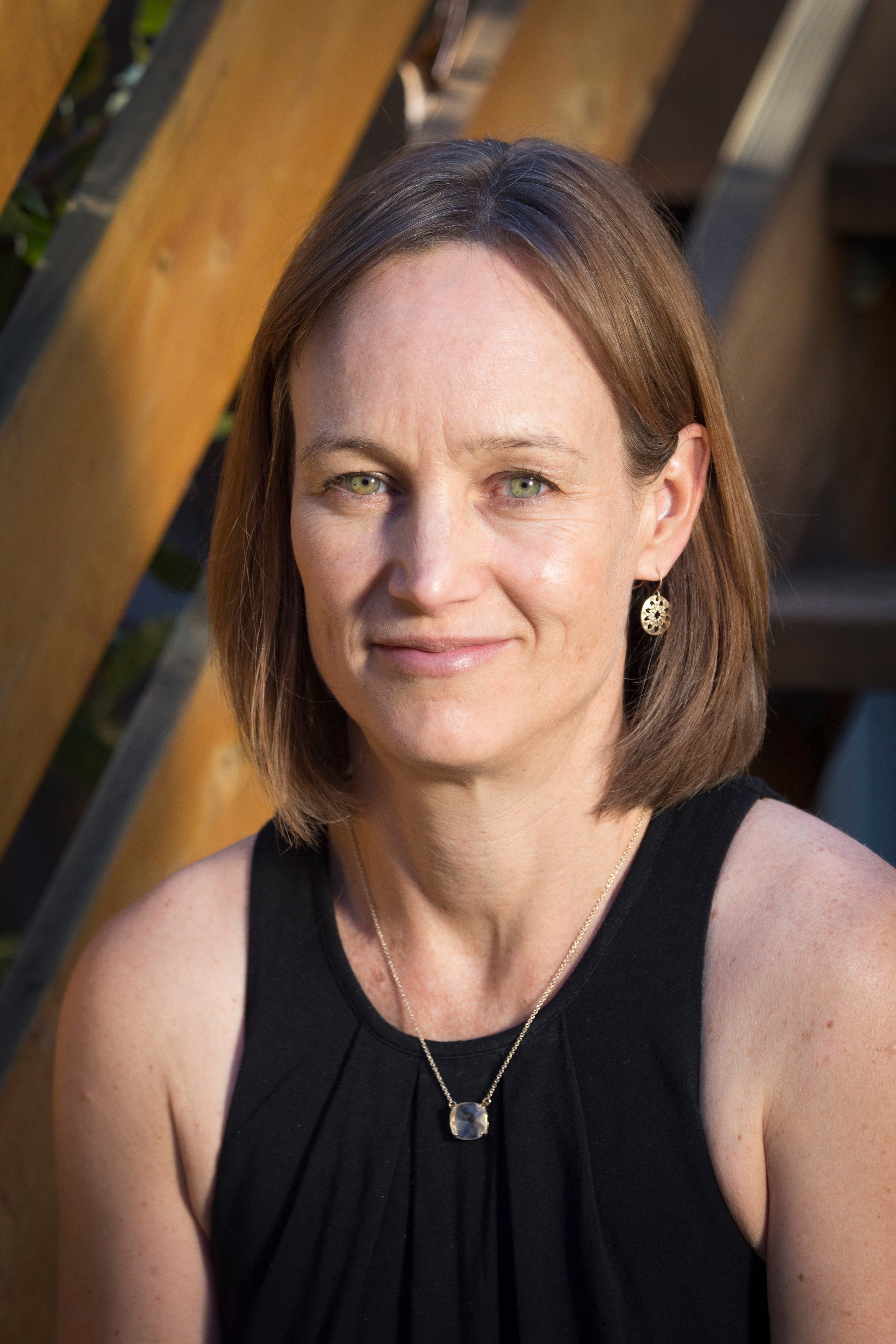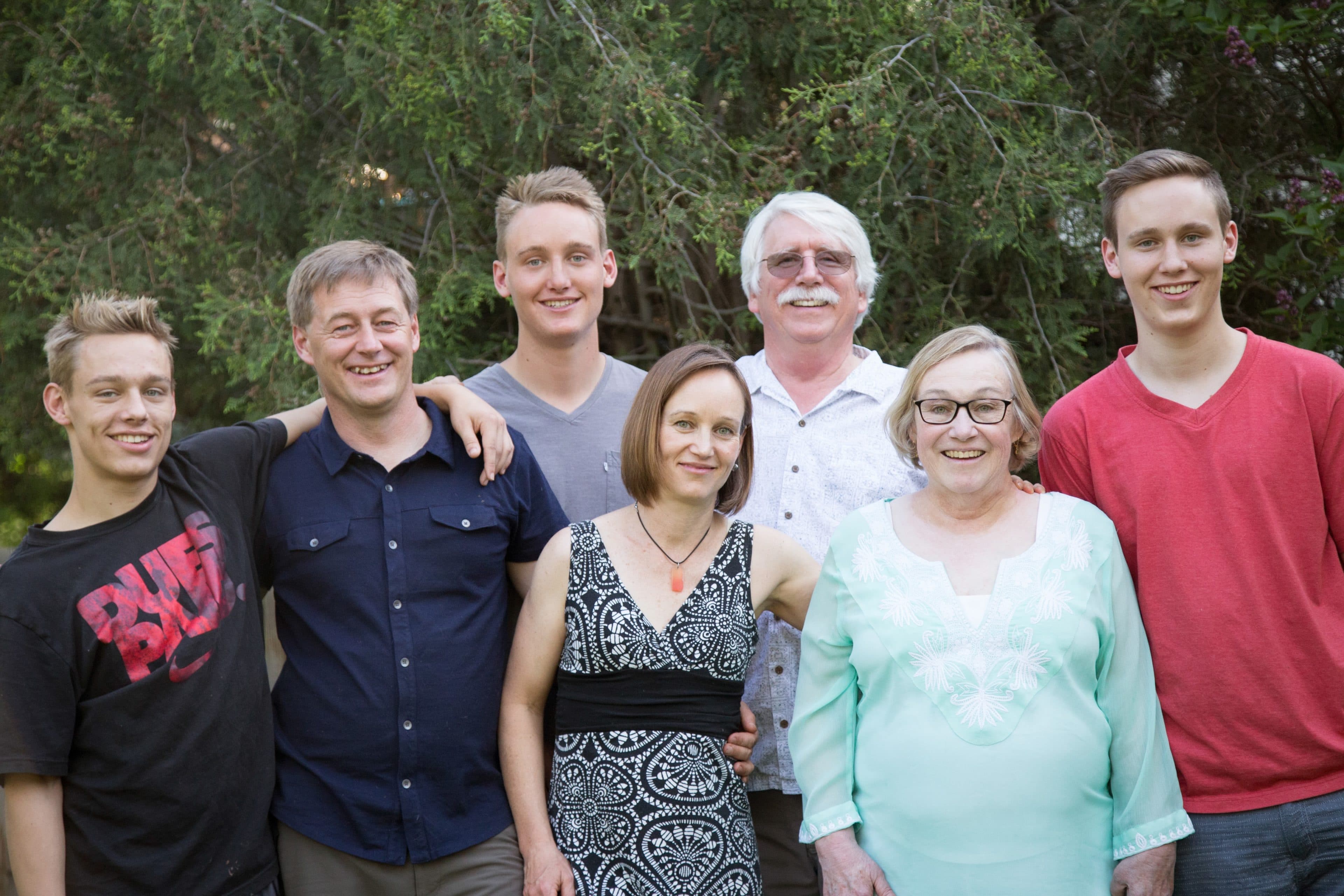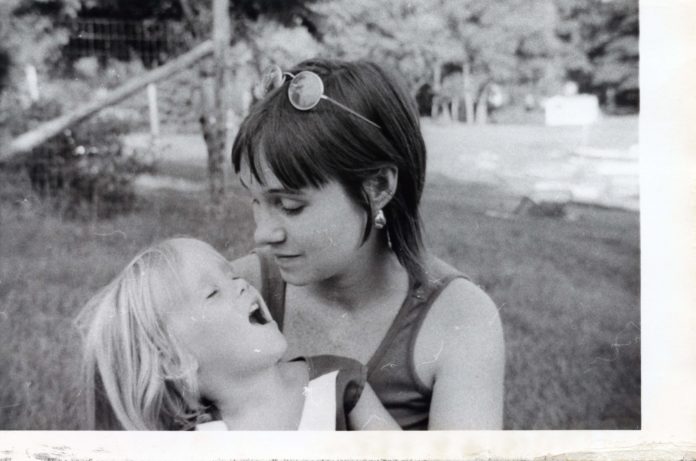What 50 Can Learn From 70: Learning From My Mother’s Regret
Last summer, within a month of each other, my mother and I turned 70 and 50. When I was growing up I always saw my mother as old – some future age I could hardly conceive of ever being. Even at 20 I never thought of myself as a future 40 year old. But now at 50 it has finally sunk in: 70 is just a few filled photo albums away, and 65, the age I plan to have our house paid off, is precisely 180 mortgage payments away.
This past Christmas I relayed this to my mom and asked her if there was anything she’d now do differently at age 50, looking back on that time. “I’d take better care of my health,” she said.

My mom was a hippy in the 1970s – I can see her blowing smoke at parties, drinking beer and laughing with friends, barefoot and beautiful in our garden. She had my brothers, became a pediatric intensive care nurse, then a nurse manager and built a strong career out of 12-hour shifts stacked over 35 years. I remember her saying at various times throughout our lives that she intended to start exercising, once she just got past a barrier: too little time, finding the right gym, discovering a form of exercise she didn’t loathe…Years passed and she retired a few years ago. Since age 50 she’s had a small stroke, knee replacement, a series of sinus surgeries, heart ablations, treatment for diabetes. All of them have nibbled at her quality of life, compromised her ability to do what she wants.
Many of these outcomes are predicted in our DNA; my mother and I have both taken 23andMe tests and uploaded that data into websites that gave us even more information about the health challenges we’re most likely to face as the years press on. This news empowers more than it scares me though, knowing that system failures of some sort will take us all sooner or later and knowing what those are might allow me to delay the onset.

I have a recurring nightmare about math. I was a terrible math student so this is comeuppance from my past. I don’t know if it was because I truly lacked ability or not because I always gave up before trying, convinced I lacked the brain for numbers, and what’s more, I hated the subject. In the dream, I’m in the middle of an exam and am in a panic and consumed by dread: I realize I don’t know any of the answers, that I didn’t properly prepare for it, and that it is simply too late to do anything about it.
I hope this isn’t how my mother feels although I know by things she’s said during acute health challenges she has wrestled with this. Perhaps that is the heart of shame: realizing we assumed a positive outcome despite not doing what’s needed to secure it. Health is an interplay of those things that are in our zone of control and those that aren’t. And while her potential to increase her health might be less at 70 than mine at 50, there are still steps that can be taken towards improvement.
Blaming ourselves doesn’t change the past, but it’s always been true no matter our age: barring accidents or other challenges outside our control, we are the sum total of the choices we make every day leading up to now. I feel a softness, a protectiveness towards my mother to help her enjoy life however I can during this chapter after she has worked hard for so many years. And she’s helped me too with her honesty as I greet the New Year. Saving money, letting go of things that don’t matter, drinking less, prioritizing sleep, moving my body every day – there’s never been a better time than now to do the things I know will help me live without regret in 20 years. Time is a slippery construct and there are benefits to living as if we have only a little and a lot of it left. Perhaps the real gift is knowing that what I do matters, that the action and the outcome are closer now than ever before.
Megan Regnerus turned 50 this year and loves to Nordic ski, trail run, bike and seize the day in Bozeman, Montana. Her published writing can be found in a dusty box under her stairs and also at www.meganregnerus.com.



